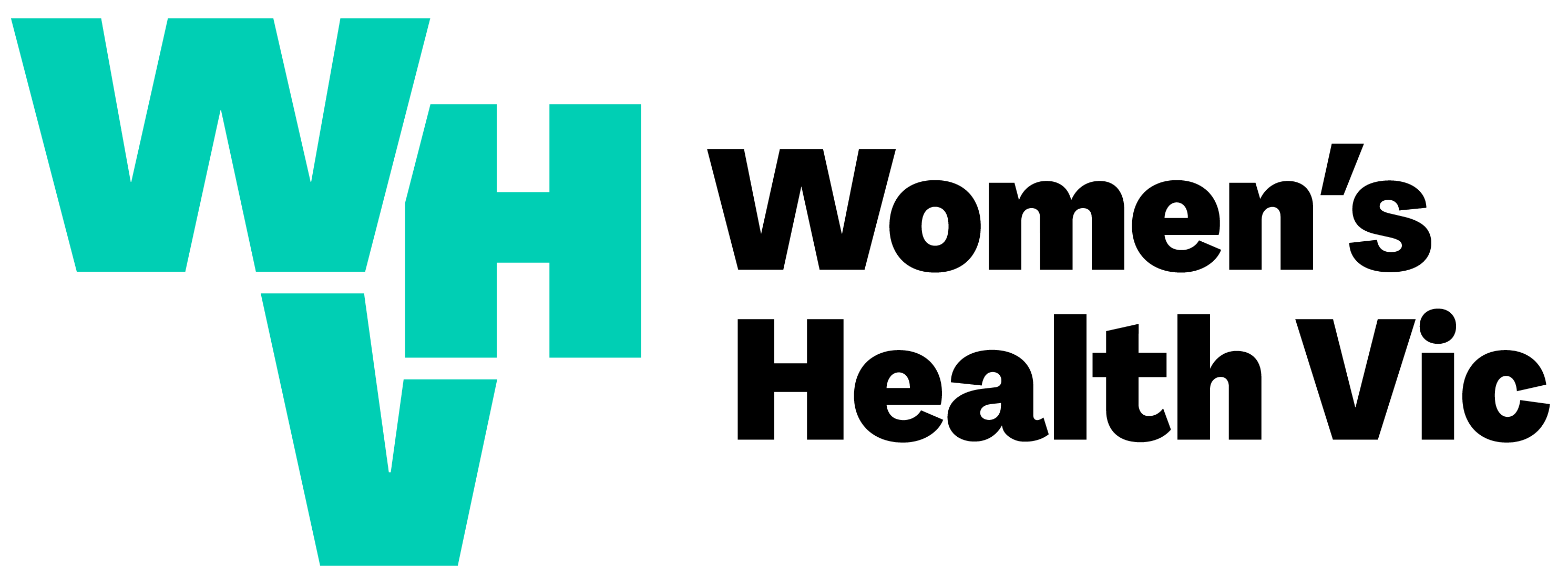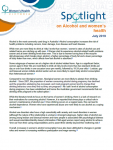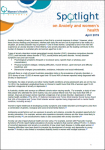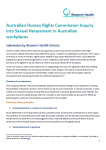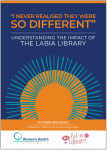Reviews the activities, and achievements of Women’s Health Victoria for the period July 2018 to June 2019.
This research summary provides a snapshot of the analysis undertaken by RMIT’s Dr Lauren Gurrieri and Dr Rob Hoffman – Addressing and preventing sexist advertising: An analysis of local and global promising practice – which considers how problematic gender portrayals in advertising can be addressed.
This Spotlight features a list of up-to-date and freely available research and resources on the topic of alcohol and women's health.
WHV's submission to the Victorian Department of Health and Human Services responds to the ‘Areas for discussion’ questions in the consultation paper.
This submission argues the need to apply an intersectional gender lens to mental health reform – from prevention and early intervention through to treatment and recovery, including investing in (new and existing) intersectional gender equity strategies to support the primary prevention of mental ill-health.
This Spotlight features a list of up-to-date and freely available research and resources on the topic of anxiety and women's health.
This submission to the Australian Human Rights Commission national Inquiry puts forward evidence-based key principles for effectively addressing and in particular, preventing sexual harassment in the workplace.
The aim of this issues paper is to provide an overview of significant literature currently published on the nature of gender portrayals in advertising, and the impacts of these representations on women’s health and wellbeing, gender inequality and attitudes and behaviours that support violence against women.
The aim of this paper is to provide an overview of: gendered expectations about birth and early motherhood; how these expectations impact mothers’ health and wellbeing; and the way in which these expectations and experiences both stem from and reinforce gender inequality.
This paper explores the effectiveness of the Labia Library website in improving women’s health literacy, based on almost 3,000 free text user survey responses.
